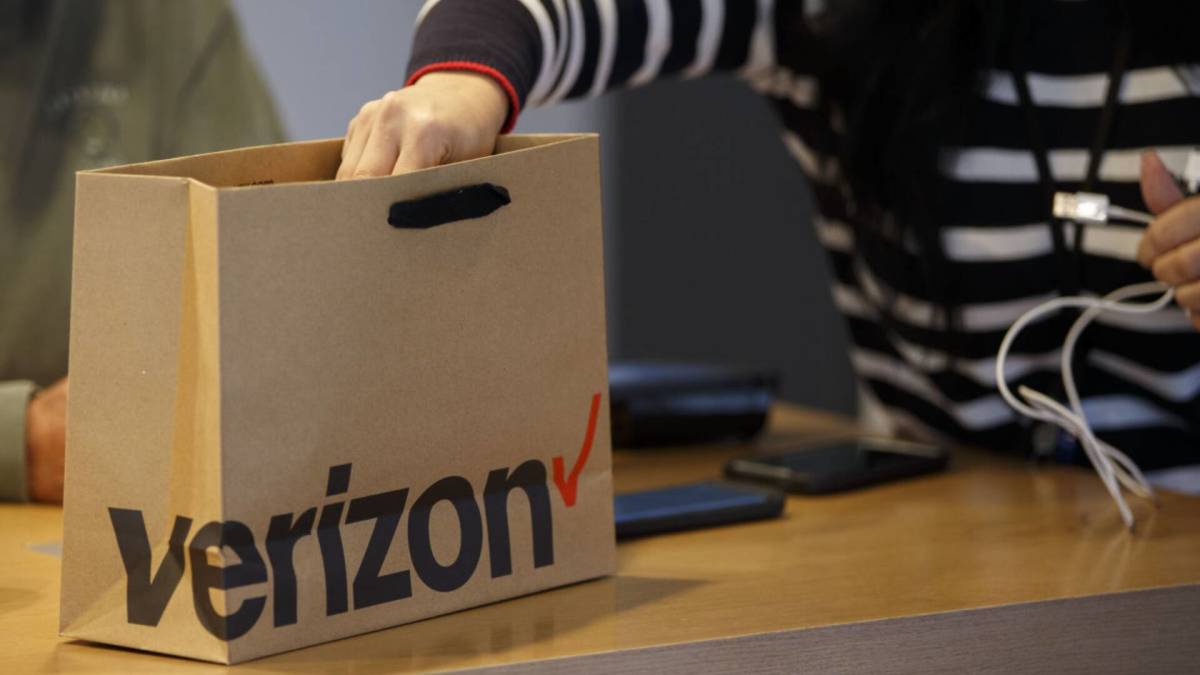Verizon is encountering significant backlash over its proposed changes to phone unlocking policies, which critics argue could limit consumer freedom. In May, the company requested the Federal Communications Commission (FCC) to waive the requirement that phones sold to customers be automatically unlocked after 60 days. This requirement allows customers to use their devices with different carriers, a principle established when Verizon purchased licenses for the 700 MHz spectrum in 2008 and acquired TracFone in 2021.
In its waiver request, Verizon claimed that the current policy has resulted in “unintended consequences” that contribute to device fraud. The company noted, “Recent industry experience shows that even a lock of 60 days does not deter device fraud – a huge and growing problem in the United States.” Verizon’s statement highlights concerns that the existing unlocking policy facilitates trafficking of stolen devices in foreign markets.
Verizon argues that maintaining the unlocking requirement after 60 days “benefits bad actors and fraudsters,” which ultimately shifts costs and denies benefits to low-income consumers. The company claims that waiving this rule would allow it to continue offering subsidies, making phones more affordable and accessible for customers. According to Verizon, this change would enable customers to obtain the latest devices without incurring high upfront costs.
Consumer Pushback
The company’s proposal has sparked considerable opposition from consumers. On July 8, a former Verizon customer submitted a filing to the FCC criticizing the move as “anti-consumer behavior.” The customer stated, “Verizon’s argument that unlocked phones are against the public interest is just wrong. It stifles competition by making it harder to vote with your wallet and switch carriers.” This sentiment reflects a growing frustration among customers who feel that restricting phone unlocking could hamper their ability to switch providers seamlessly.
Another consumer echoed this concern, asserting that lifting the unlocking requirement could limit access to emerging services such as SpaceX’s Starlink. In their filing, they noted, “Permanent phone locks harm consumers and competition,” arguing that removing the requirement would unfairly advantage Verizon in the market.
A coalition of advocacy groups also urged the FCC to reject Verizon’s request. They stated that enforcing the 60-day unlocking policy promotes consumer welfare, strengthens competition, and reduces regulatory confusion. The groups emphasized that any changes to unlocking policies should go through formal rulemaking processes rather than individual waivers, which could exacerbate existing market inequities.
Verizon’s Customer Exodus
This controversy unfolds as Verizon experiences a notable decline in its customer base. In its first-quarter earnings report for 2025, the company revealed a net loss of 289,000 postpaid phone customers, marking its worst performance on record, according to analysts from New Street Research. During an earnings call in April, Verizon CEO Hans Vestberg acknowledged that recent price increases may have contributed to the high churn rate among customers.
Vestberg stated, “We did have a slow start on postpaid phone net adds, largely driven by elevated churn due to recent price ups and pressure from federal government accounts.” This admission underscores the challenges Verizon faces in retaining its customer base amidst increasing competition from other carriers, such as T-Mobile, which have recently introduced attractive offers to lure customers away.
As the debate over phone unlocking continues, Verizon’s ability to navigate consumer dissatisfaction and regulatory scrutiny may ultimately determine its long-term success in the telecommunications market. With mounting pressure from both consumers and advocacy groups, it remains to be seen how the company will respond to these challenges in the coming months.






































































